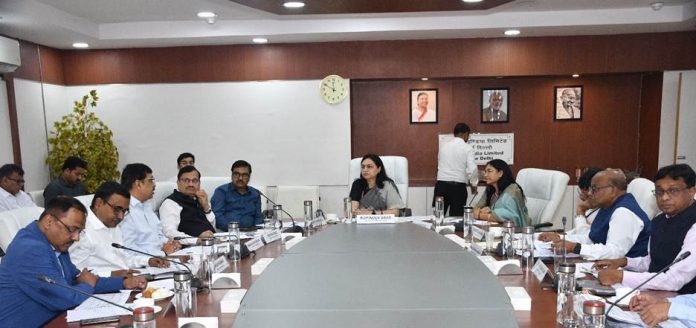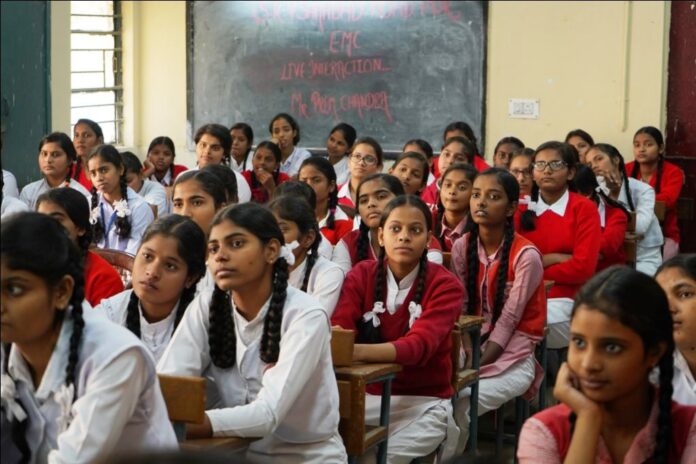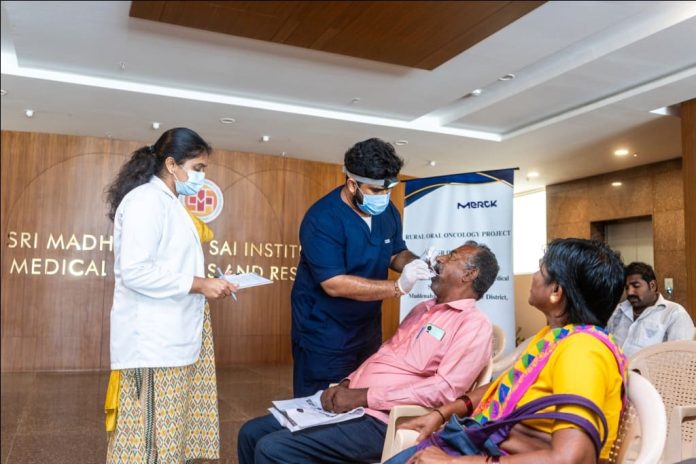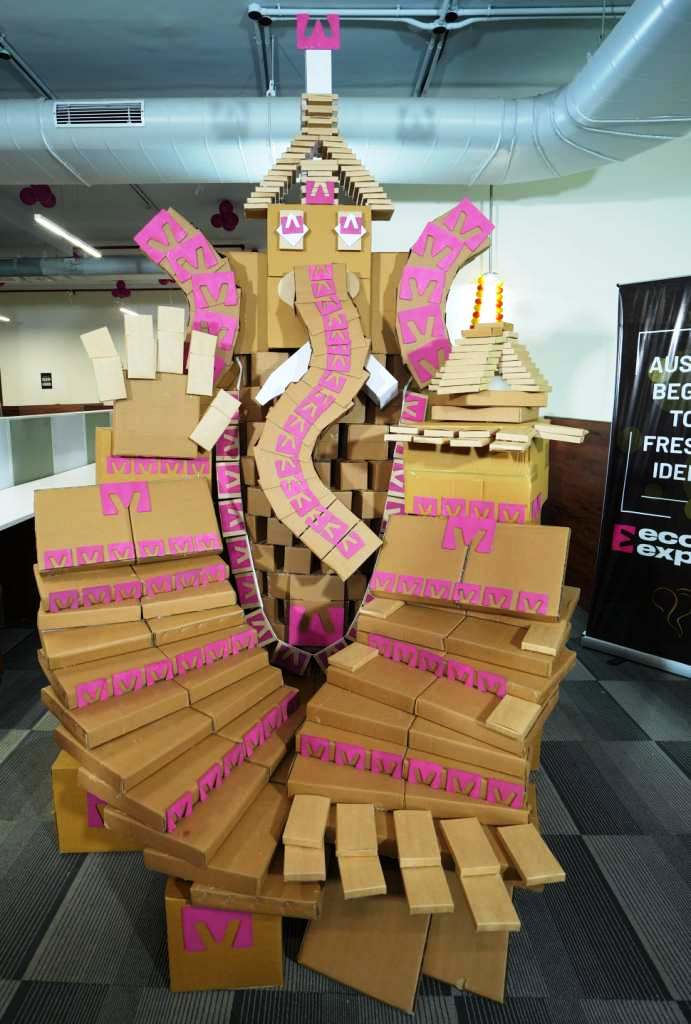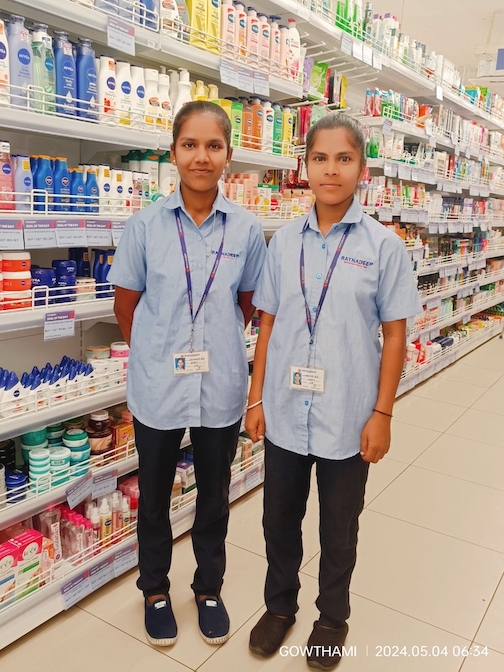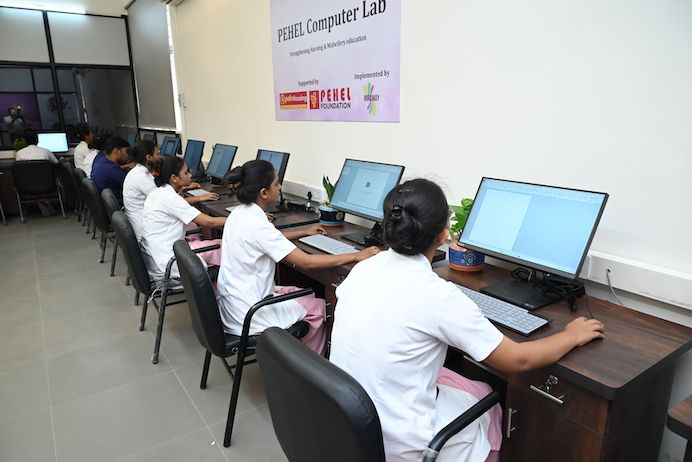With an aim to assess the progress of ongoing CSR initiatives, evaluating their impact on the communities, and aligning them with the guidelines of Government of India, a mid-year review meeting of the CSR activities of Coal PSUs was conducted by the Ministry of Coal in Delhi on Monday.
The discussions focused on the implementation of CSR projects across diverse sectors including healthcare, education, environment, skill development and livelihood. The Ministry stressed the need for accelerated implementation of these initiatives to ensure measurable outcomes, and way forward with a focus on improving the overall quality of life for local communities, particularly in coal mining regions.
The review meeting held at SCOPE Complex, New Delhi, was chaired by Additional Secretary, Ministry of Coal, Rupinder Brar and attended by DDG, Ministry of Coal, along with other officers from the Ministry, Director (Personnel) from Coal India Limited, and all Coal PSUs.
CSR focus for India’s Coal PSUs
During the meeting, coal PSUs discussed about the upcoming World Patient Safety Day on 17th September 2024 with an aim to raise awareness and improve patient safety standards through community outreach programs, health camps, and partnerships with local health organizations.
The meeting also reviewed the progress on setting up Multi-Skill Development Institutes aimed at enhancing the skill sets of local communities, thereby providing better employment opportunities. The Ministry emphasized the importance of these institutes in empowering youth and women particularly in the coal mining regions. The process of updating the CSR monitoring format on the DPE portal was also discussed in the meeting.
The meeting was concluded with a reaffirmation of the commitment to ensuring that the CSR activities of Coal PSUs continue to positively impact society, with a special focus on Community development, Health, Sustainability, & Employment generation. The Ministry also emphasized the need for regular monitoring and evaluation to ensure that all projects stay on track and deliver the intended outcomes.
CSR of Coal India
Talking about CSR of Coal PSUs, in March this year former Union Minister for Coal, Mines & Parliamentary Affairs Pralhad Joshi launched new Corporate Social Responsibility (CSR) initiatives of India’s biggest coal PSU Coal India Ltd (CIL). Under the first initiative, CIL is taking its commitment towards quality education a step further by commissioning smart classrooms in 70 Government schools.
A new CSR scheme of CIL – Coal India Lok Sewa Protsahan Yojana was also launched on the occasion. The scheme is aimed at providing a financial support of Rs. 1 lakh per candidate to SC/ST and Female/Third Gender candidates from coal mining districts of Coal India Limited who clear the preliminary round of Civil Service/Forest Service Examinations conducted by the Union Public Service Commission (UPSC) during year 2024 to 2026.
Project Nanha Sa Dil was launched by the minister as a comprehensive initiative for making surgeries of Congenital Heart Disease (CHD) affordable for needy families in coal mining areas of Jharkhand. The Rs. 9.37 cr. project will be undertaken in Dhanbad, Ranchi, Hazaribagh and Giridih districts on a pilot basis with the possibility of scaling up based on its impact.

